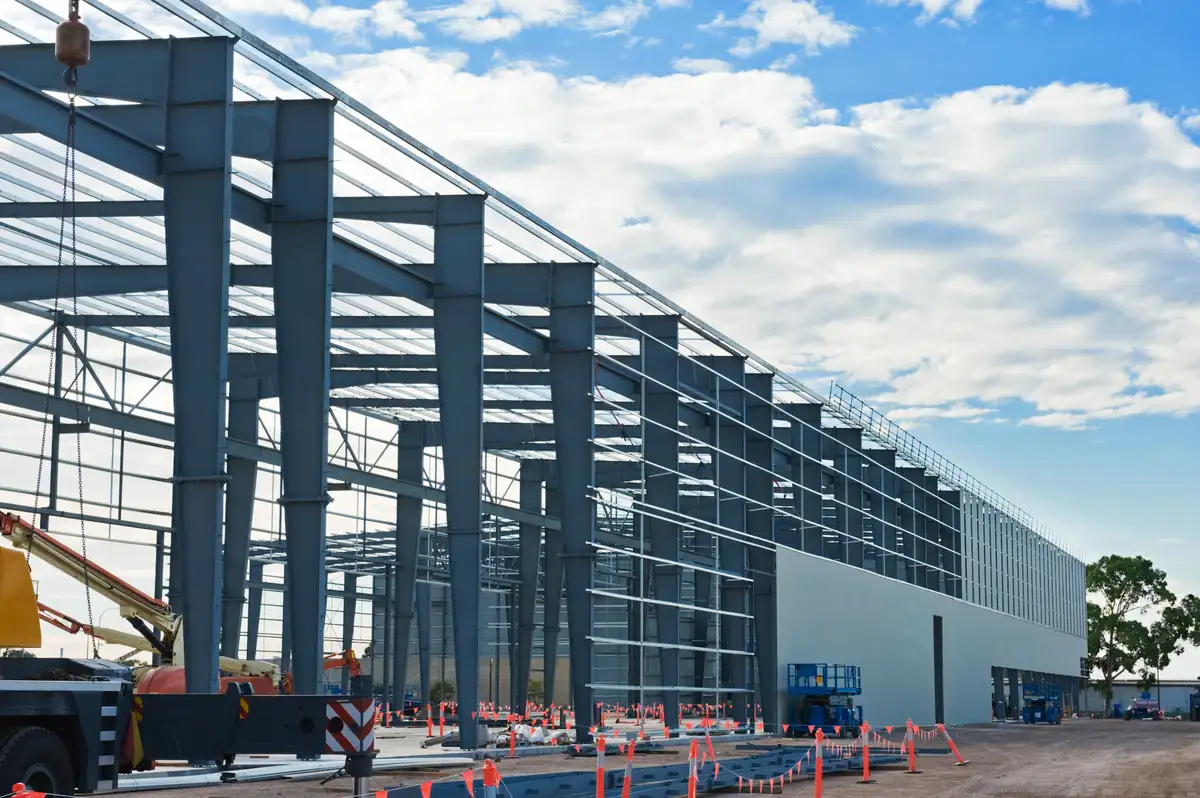What results do you expect when you suddenly learn about cost factors in industrial construction? As you know, industrial projects are massive and take a significant amount of time to complete. Do you think neglecting major and minor cost factors can allow you to finish a project successfully? No! We have listed eight cost factors in this article to prevent under and over-budgeting.
The main thing is to understand the factors and take preventive steps to safeguard your industrial project budgeting. Otherwise, acting without thinking and knowing about certain things can derail your projects. Every type of construction project is dependent on quality planning from the initial to the final step of the project.
Now, we will discuss all the factors to support your industrial projects.
YOU NEED TO KEEP A CHECK ON COST FACTORS IN INDUSTRIAL CONSTRUCTION TO COMPLETE YOUR PROJECTS WITHIN THE ALLOCATED BUDGET AND TIMELINES, SO DISCOVER THEM NOW!
1. Research on Material Cost
As a contractor, you would know how much an industrial project requires materials, whether it is for mechanical, electrical, plumbing, site work, lumber, or others. Before planning, you must fully research market rates for materials like steel, concrete, lumber, or more. Why is this important? Let’s say there is a rise in e-commerce. As a result, you must expect increased cost of the materials due to high demands. Additionally, the shortage is also the biggest factor that increases the overall cost.
2. Consider Labor cost by Types
Another major cost factor for industrial construction is to consider what type of labor is needed. If you require standard labor then your rates will be normal or according to the market price. On the other hand, if your job is hard and you need skilled labor, then the overall cost will increase. Let’s put it like that, you have to consider the following factors:
- Wage requirements
- Overtime regulations
- Safety standards
3. Do not Forget Equipment Cost
Among various industrial building cost factors, one important thing is the cost of equipment! Every project type needs heavy types of machinery and tools to operate the construction process. Either you rent it out or buy it. While planning industrial projects, do not forget to add equipment costs too! This includes cranes, bulldozers, excavators, and specialized equipment required for specific tasks.
4. Insurance Premiums
Are you familiar with insurance premiums? As you may know, construction projects have a high risk factor. That is why building owners and managers include the cost of general liability, workers’ compensation, and property insurance. Thinking how much you to pay? Well, the premiums depend on the project size, scope, and location. For industrial projects, it may range from $10,000 to $100,000 in the United States.
5. Cost to Operate Building
Buildings are functional due to the perfect flow of electricity, water, and gas all over the building. Its cost primarily depends on the location, project duration, and the energy efficiency of the equipment used. So add utilities cost to your project estimates. Currently, owners are shifting towards the use of solar and wind power to reduce energy costs. You can also opt for these energy-efficient practices and save your future bills.
6. Are you Adding Licensing Fees?
Especially in industrial projects, you have to get permits and licenses to work in the future. Authorities want assurance that the project complies with local regulations and building codes. That is why you have to pay a fee that majorly depends on the project size, complexity, and location. What should you expect? You can expect its cost from $5,000 to $20,000.
7. Cost of Land and Site Prep
Before starting every construction project type, you need to clear the ground and then start working on it. This includes land acquisition, site clearing, excavation, and grading. As you know, industrial projects are situated on large tracts of land, which can be expensive to acquire. Its cost depends on the location of your project. Also, for site clearance, you may have to consider the soil and land conditions that can increase overall cost.
8. Fluctuating Market Conditions
In 2024, contractors, managers, and owners have to face a sudden rise in the prices of materials and labor costs. Considering market conditions, including inflation, interest rates, and economic trends, is very crucial now. Make sure to consider all these factors before starting industrial construction. This is one of the major cost factors in industrial construction, and if you ignore it, you will never finish your project within budget and time. Hence, contractors and estimators need to adjust project estimates according to the market condition.
Now, stay ahead in industrial construction projects after knowing all the detailed cost factors! Do not leave your projects on guesses, start your projects with a proper planning and structured process!
Summary
To sum up this article, all the specific cost factors for industrial construction are discussed in detail. You now just need to understand them and take preventive measures before starting your industrial projects. If you want accurate estimations and clear cost insights, consider all the factors discussed. By carefully planning and managing these costs, companies can optimize their budgets and ensure that projects are completed on time and within budget! Remember, if you feel exhausted, you outsource industrial estimating services from a competent company and enjoy the project’s success!

